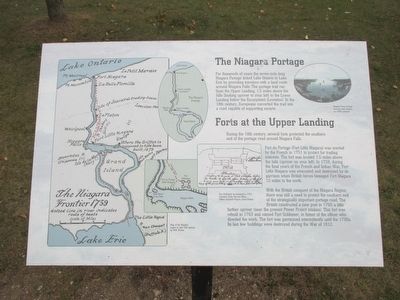Aloha! As you find yourself immersed in the beautiful landscapes of Hawai’i, it’s intriguing to uncover a lesser-known piece of history that connects these islands to the American Civil War. Though geographically distant from the mainland skirmishes, Hawai’i played a unique and pivotal role during this tumultuous time in American history.
Let’s set the stage: the year is 1861, and the United States is on the brink of civil war. While Hawai’i was not a state until 1959, it was an independent kingdom under the rule of King Kamehameha IV. The islands had a strategic importance due to their location in the Pacific, serving as a crucial stopover for ships traveling between the United States and Asia. The islands’ sugar trade was also burgeoning, attracting American investment and influencing political leanings.
King Kamehameha IV found himself in a delicate position. The Kingdom of Hawai’i maintained neutrality during the Civil War, but its leaders had to navigate complex international relations with both the Union and Confederate forces. The Hawaiian monarchy had to consider how its decisions would impact trade, especially since the islands were economically tied to the United States through the sugar industry.
One notable figure during this period was Queen Emma, the wife of King Kamehameha IV. Known for her humanitarian efforts, Queen Emma supported the Union’s cause. She even sent a letter of condolence to Mary Todd Lincoln upon President Abraham Lincoln’s assassination, highlighting the diplomatic ties and sympathies that crossed the ocean.
Another fascinating aspect of Hawai’i’s connection to the Civil War was the presence of Hawaiians who fought in the war. At least 119 Native Hawaiians are documented to have served, mostly in the Union Navy. These brave individuals, driven by various motives from adventure to economic opportunity, left their island home to fight in a foreign conflict.
As you continue your journey through Hawai’i, imagine the bustling Honolulu Harbor of the 1860s, with whaling ships and trade vessels coming and going, each carrying news and goods that linked these islands to the world. Over time, Hawai’i’s strategic importance only grew, influencing its eventual annexation by the United States at the close of the 19th century.
Today, the legacy of Hawai’i’s Civil War connection is a reminder of the islands’ complex history and their role in global events. While you soak in the natural beauty and vibrant culture of Hawai’i, take a moment to reflect on its historical tapestry, a weave of indigenous culture, royal diplomacy, and international intrigue.


